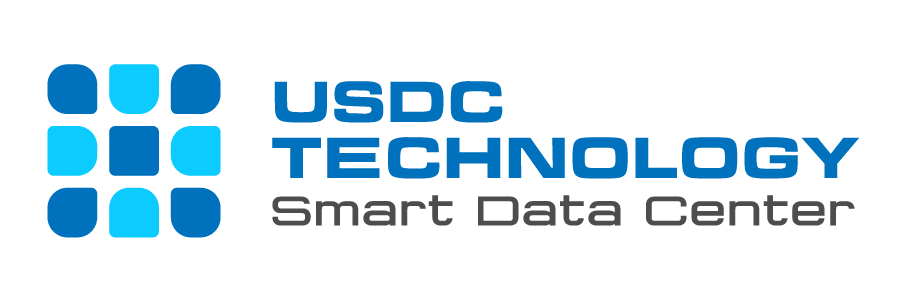JLL’s new Global Data Centre Outlook reveals that the data center sector is experiencing exponential growth due to the widespread adoption of cloud computing and artificial intelligence (AI). Hyper-scalers, primarily global cloud service providers, and edge data centers, smaller facilities strategically located near the populations and infrastructure they serve, are driving this growth and account for 79% of the overall demand. These segments are recognized as the fastest-growing segments in the market.
JLL predicts that the hyperscale market will witness a 20% growth between 2021 and 2026, driven by the increasing demand for data processing and storage. As a result, numerous technology companies are actively seeking to meet these requirements. Presently, there are over 300 new hyperscale sites under development worldwide, and it is projected that this number will exceed 1,000 by the end of 2024. This represents a significant increase from approximately 500 sites recorded just five years ago.
Despite economic headwinds, the adoption of data centers in Asia is expected to persist. This growth is backed by various factors, including the continued and extensive use of social media in China, where there are 938 million users, and in India, where there are 467 million users. These high user numbers contribute to the sustained demand for data center services in the region.
JLL reports that Tokyo, Hong Kong, Singapore, and Sydney maintain their strong status as regional data center hubs. Collectively, these cities offer a total inventory of 3,000MW, with an additional 765MW currently under construction. Nevertheless, enterprises are now exploring alternative hub and edge markets such as Jakarta and Mumbai due to the rising prevalence of mobile phone usage. This shift in focus is driven by the need to accommodate the increasing demands of mobile connectivity and related services.
Christopher Street, Managing Director and Head of Data Centres, Asia Pacific at JLL, highlighted the significant developments in the data center industry. He noted that within a span of five years, the size of data center builds has grown substantially, with current projects often exceeding 100MW. Asia Pacific currently accounts for 26% of global hyperscale data center capacity in 2022. Mature markets like Singapore, Hong Kong, Tokyo, Shanghai, and Sydney are experiencing a notable capacity gap, which is being rapidly addressed through the construction of large-scale data centers. Additionally, emerging edge markets are attracting strong interest from cloud providers and hyper-scalers. With the region’s considerable influence on the global economy, there is now a significant opportunity within the Asia Pacific data center market.
Despite the growth in the data center industry, it also presents challenges. Globally, 53% of data center operators face difficulties in finding qualified candidates, while 42% struggle with staff retention. Alongside the talent shortage, sustainability has emerged as a key priority for data center developers, operators, and investors. This includes addressing energy consumption and emissions. Legislative measures and self-regulatory initiatives, like Singapore’s Data Centre Moratorium, have been introduced to establish standards and mitigate the environmental impact of the industry. These efforts aim to promote greater sustainability and reduce the carbon footprint of data centers.
Glen Duncan, Data Centre Research Director, Asia Pacific at JLL, emphasized the significance of sustainability as a prominent theme in the data center industry since the pandemic. He noted that many businesses in the Asia Pacific region have undertaken purpose-driven sustainability initiatives to contribute to climate action and promote sustainable real estate practices. With an increasing number of operators seeking innovative solutions for energy efficiency, there is a positive outlook for the sector’s green ambitions. This indicates that the industry is actively working towards advancing sustainability goals in data center operations.
To address the labor challenges in the data center industry, data center users have the option to outsource their operations or hire third-party specialists. This approach can help mitigate the difficulties in finding and retaining qualified staff. By leveraging the expertise of external providers, companies can potentially achieve cost and operational efficiencies. Additionally, those organizations that proactively respond to the dual challenges of talent shortage and sustainability are likely to reap the benefits in terms of improved performance and reduced environmental impact.
Media Contact:
Universal Smart Data Center Technology
Phone: (+84) 28 73080708
Email: info@usdc.vn


